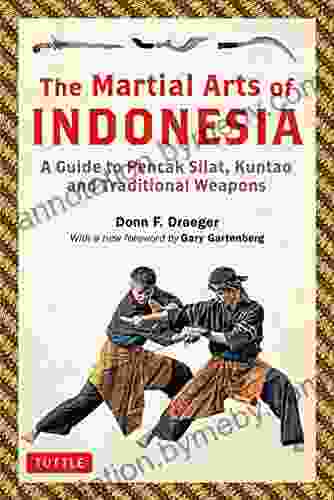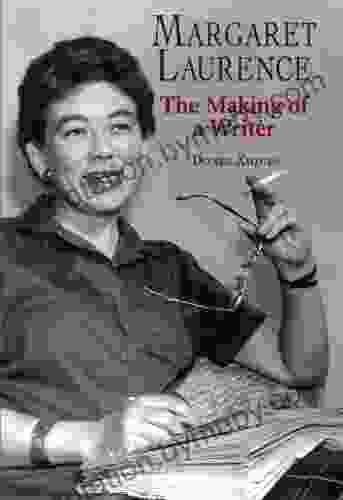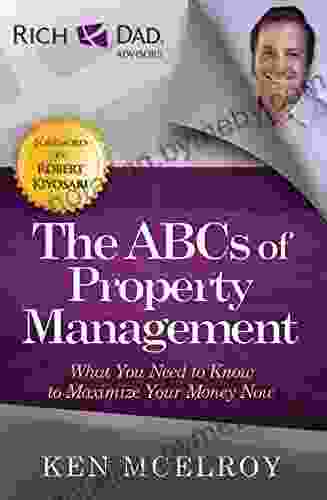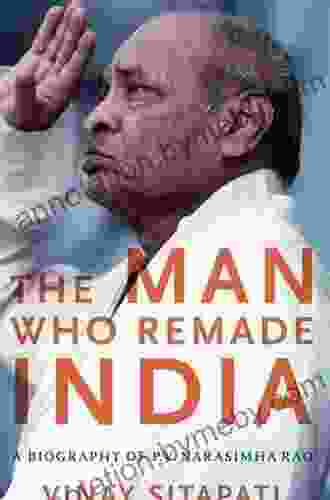Narasimha Rao: A Transformative Leader in Modern South Asia

4.9 out of 5
| Language | : | English |
| File size | : | 6082 KB |
| Text-to-Speech | : | Enabled |
| Screen Reader | : | Supported |
| Enhanced typesetting | : | Enabled |
| Word Wise | : | Enabled |
| Print length | : | 409 pages |
| Lending | : | Enabled |
India's history is adorned with the contributions of visionary leaders who have left an enduring mark on the nation's destiny. One such luminary is Narasimha Rao, the ninth Prime Minister of India, whose pivotal tenure ushered in a transformative era in the country's economic and foreign policy landscapes.
Born on June 28, 1921, in a humble village in the erstwhile Hyderabad State, Narasimha Rao embarked on a remarkable journey that would culminate in his leadership of the world's largest democracy. A brilliant scholar and accomplished linguist, he studied law and worked as a journalist before entering politics.
Rao's political career took off in the 1950s, when he was elected to the Andhra Pradesh Legislative Assembly. He held various ministerial portfolios in the state government, showcasing his administrative acumen and visionary leadership.
In 1977, Rao's political trajectory ascended to the national stage when he was appointed as the Minister of External Affairs in the Janata Party government. His diplomatic skills and strategic thinking earned him recognition as one of India's most capable foreign policy experts.
Fate beckoned in 1991, when Rao was thrust into the role of Prime Minister at a time when India faced severe economic and political challenges. The country was grappling with a balance of payments crisis, soaring inflation, and dwindling foreign exchange reserves.
Undeterred by the daunting circumstances, Rao embarked on a bold economic reform agenda. He appointed the renowned economist Manmohan Singh as his Finance Minister, and together they implemented a series of groundbreaking measures that liberalized the Indian economy.
Rao's reforms dismantled licensing requirements, reduced tariffs, opened up the Indian market to foreign investment, and paved the way for the privatization of state-owned enterprises. These bold steps stimulated economic growth, attracted foreign capital, and transformed India into a global economic powerhouse.
In addition to his economic achievements, Rao also played a transformative role in India's foreign policy. He initiated the "Look East" policy, which shifted India's focus from the West to the Asia-Pacific region. This strategic move strengthened India's ties with Southeast Asia and East Asia, opening up new avenues for trade and cooperation.
Rao also pursued a policy of nuclear deterrence, believing that it was essential for India's security in an uncertain international environment. His government conducted nuclear tests in Pokhran, Rajasthan, in 1998, a move that drew international criticism but also solidified India's status as a nuclear power.
Narasimha Rao's tenure as Prime Minister was marked by both triumphs and controversies. His economic reforms transformed the Indian economy, but they also led to increased inequality and social unrest.
He faced allegations of corruption and political maneuvering, which tarnished his legacy. However, Rao's contributions to India's modernization and rise on the global stage cannot be denied.
Narasimha Rao passed away on December 23, 2004, at the age of 83. He left behind an indelible mark on Indian history as a visionary leader who steered the nation through a turbulent period of economic and political change.
His legacy continues to inspire generations of Indians and serves as a testament to the transformative power of bold leadership.
4.9 out of 5
| Language | : | English |
| File size | : | 6082 KB |
| Text-to-Speech | : | Enabled |
| Screen Reader | : | Supported |
| Enhanced typesetting | : | Enabled |
| Word Wise | : | Enabled |
| Print length | : | 409 pages |
| Lending | : | Enabled |
Do you want to contribute by writing guest posts on this blog?
Please contact us and send us a resume of previous articles that you have written.
 Book
Book Novel
Novel Page
Page Chapter
Chapter Text
Text Story
Story Genre
Genre Reader
Reader Library
Library Paperback
Paperback E-book
E-book Magazine
Magazine Newspaper
Newspaper Paragraph
Paragraph Sentence
Sentence Bookmark
Bookmark Shelf
Shelf Glossary
Glossary Bibliography
Bibliography Foreword
Foreword Preface
Preface Synopsis
Synopsis Annotation
Annotation Footnote
Footnote Manuscript
Manuscript Scroll
Scroll Codex
Codex Tome
Tome Bestseller
Bestseller Classics
Classics Library card
Library card Narrative
Narrative Biography
Biography Autobiography
Autobiography Memoir
Memoir Reference
Reference Encyclopedia
Encyclopedia Michael Freedland
Michael Freedland Des Mccabe
Des Mccabe Diane Tober
Diane Tober Donald Miller
Donald Miller Debra Brede
Debra Brede Kathy Steinemann
Kathy Steinemann Detarsha Davis
Detarsha Davis Diana Barnato Walker
Diana Barnato Walker Don Keith
Don Keith Diane K Shah
Diane K Shah Keith Martin Smith
Keith Martin Smith Paco Roca
Paco Roca Diane Cardaci
Diane Cardaci Mary Reese Paul
Mary Reese Paul Diane Marquart Moore
Diane Marquart Moore Donald Hamilton
Donald Hamilton James Greenblatt
James Greenblatt Kristen E Gwinn
Kristen E Gwinn Eric Rickstad
Eric Rickstad Denis Dutton
Denis Dutton
Light bulbAdvertise smarter! Our strategic ad space ensures maximum exposure. Reserve your spot today!
 Duncan CoxFollow ·18.8k
Duncan CoxFollow ·18.8k Adrien BlairFollow ·13.3k
Adrien BlairFollow ·13.3k Roy BellFollow ·7.7k
Roy BellFollow ·7.7k Richard WrightFollow ·14.3k
Richard WrightFollow ·14.3k Benjamin StoneFollow ·18.3k
Benjamin StoneFollow ·18.3k Brandon CoxFollow ·7.2k
Brandon CoxFollow ·7.2k Everett BellFollow ·14k
Everett BellFollow ·14k Kyle PowellFollow ·11.4k
Kyle PowellFollow ·11.4k

 Cruz Simmons
Cruz SimmonsGuide To Pencak Silat Kuntao And Traditional Weapons:...
Immerse yourself in the captivating world of...

 Dalton Foster
Dalton FosterUnlock Your Financial Freedom: Dive into the ABCs of Real...
Are you ready to embark on a...

 George Orwell
George OrwellThe Advanced Guide to Real Estate Investing: Your...
Are you ready to embark on...

 Will Ward
Will WardMargaret Laurence: The Making of a Writer
Margaret Laurence (1926-1987) was one of...

 Jorge Amado
Jorge AmadoThe ABCs of Property Management: A Comprehensive Guide...
Owning and managing rental...
4.9 out of 5
| Language | : | English |
| File size | : | 6082 KB |
| Text-to-Speech | : | Enabled |
| Screen Reader | : | Supported |
| Enhanced typesetting | : | Enabled |
| Word Wise | : | Enabled |
| Print length | : | 409 pages |
| Lending | : | Enabled |














